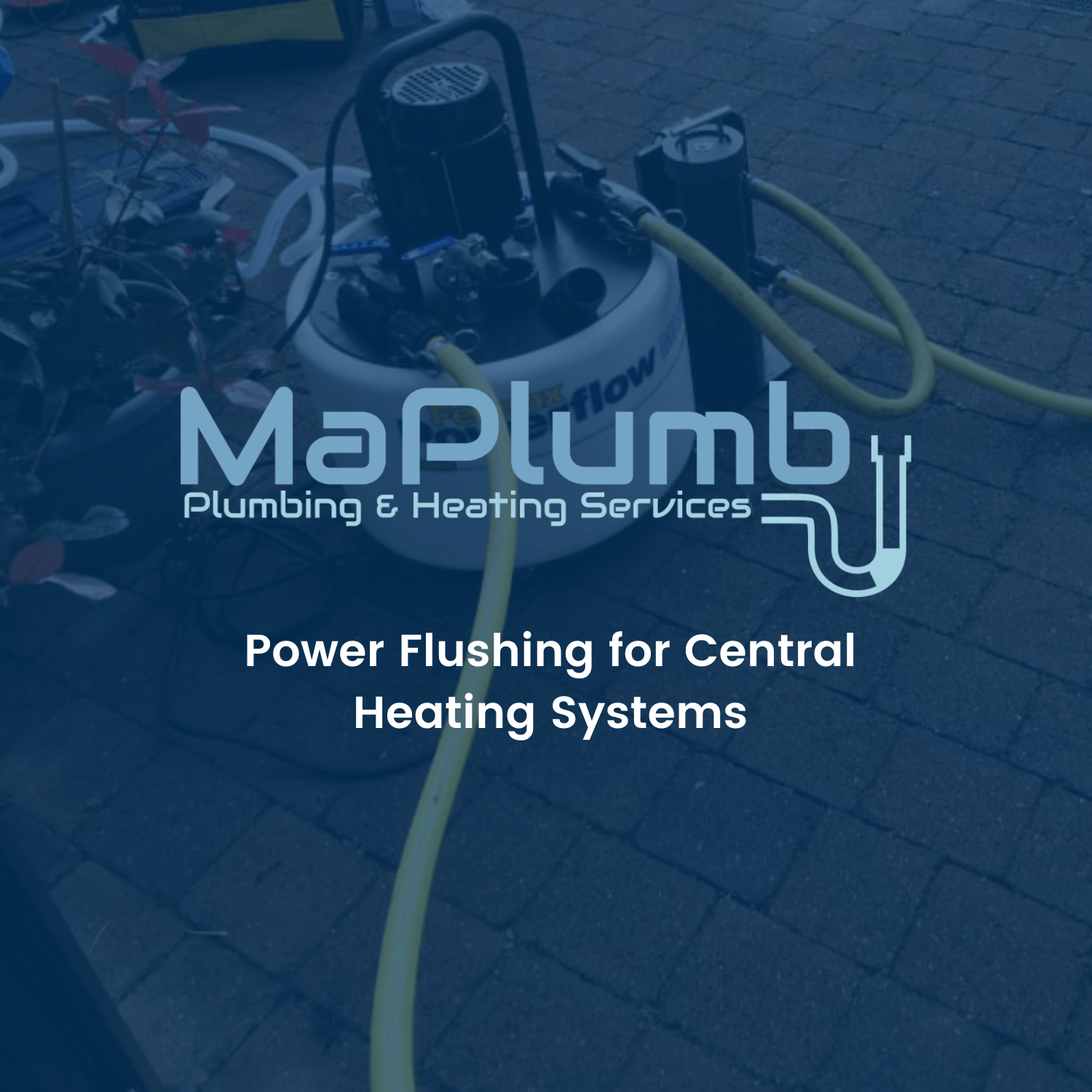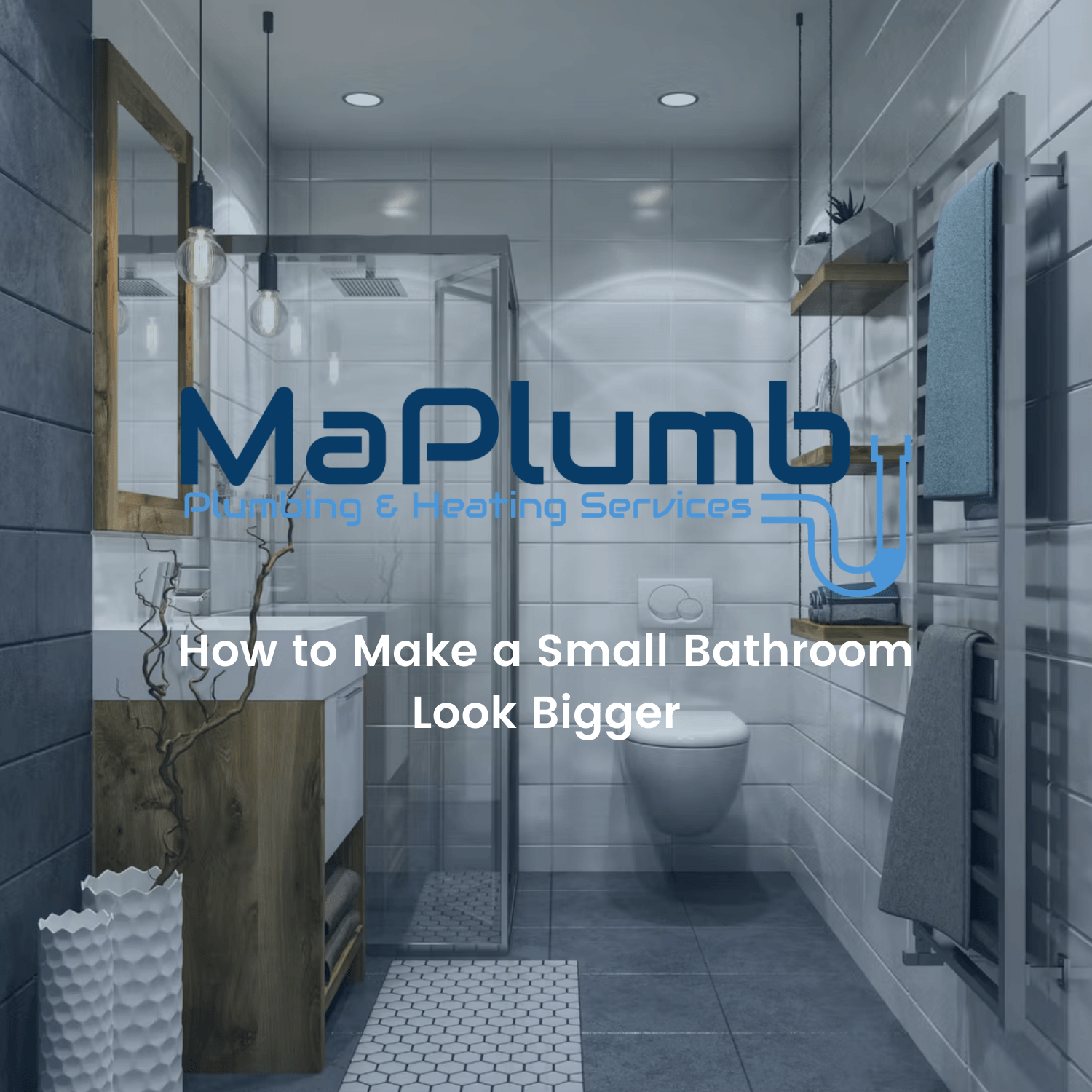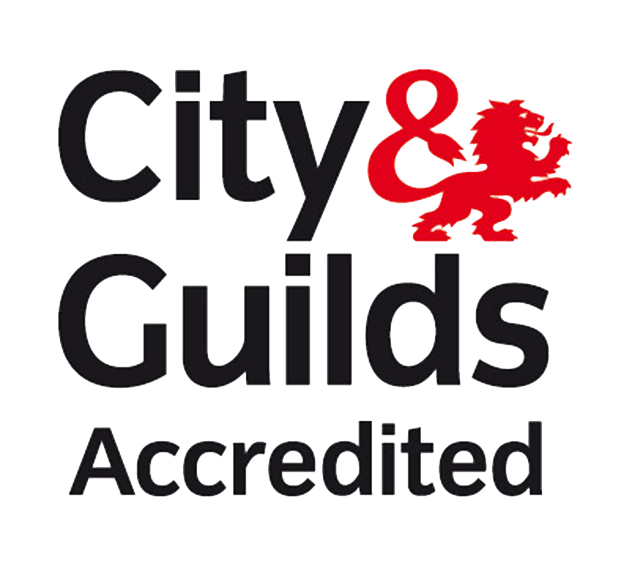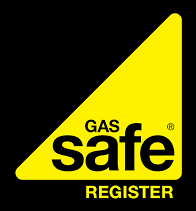Why Do I Have Low Water Pressure?
Water pressure is often a problem, and it isn't limited to your bathroom. It can impact any area of your house, from your kitchen faucet to flushing your toilet. When you move into your house, the water pressure might be great, however, it can weaken over time. Let's look at the most common reasons for low water pressure so that you know when it's time to get in touch with a professional to fix the problem.
Causes of Sudden Water Pressure Loss
If you don't normally have low water pressure, but suddenly do now, there are multiple reasons as to why this might be. You should consider the following possibilities:
- Have there been any new water projects in my area or city recently?
- Have I recently had repair work done? Was it connected to the water supply?
- What is the quality of my water? Is there any limescale in my shower and faucet?
- Is there anything happening in the world of climate change that might have an impact on my water?
- Am I in danger of being deprived of my water supply because I'm competing with other individuals for it?
Common Cause for a Loss in Water Pressure
The most frequent reasons for low water pressure are a lack of water supply, poor pumping equipment, plumbing issues, and small water mains. Even with regular upkeep, you may have to adjust to changes in your environment. You might need to alter the path of your water system or something similar, but these adjustments rarely take place.
How to Know if You Have Low Water Pressure
The best way to discover is to notice a change in how you approach your home. Is the shower too weak? How long does it take to fill up your kettle? These little things should be considered.
If you're new to a neighbourhood or house and the pressure is lower than what you're accustomed to, you should test it. The pressure in your house varies depending on where you are in relation to the water supply. You can get a water pressure gauge from a hardware shop and check the pressure inside your home.
If you don't have access to a water pressure gauge, fill a bucket. Turn the water on full and time how long it takes. If the water flow takes more than 30 seconds, there is insufficient pressure in your pipes. Water flow is an excellent indicator of home pressure levels.
What if your hot water has low pressure, but your cold water is normal? The issue is internal pressure. It's a problem with your heating system. Cold water generally comes from your area's main water supply, while hot water originates from the cylinder you have at home. This can be fixed by fine-tuning your boiler settings or cycling the water through your system.
Ways to Improve Water Pressure
Having low water pressure could be fixed at home by either yourself (if you are plumbing-savvy), or by a professional. The following are some simple ways to improve your water pressure:
- Replacing your vented cylinder to an unvented cylinder.
- Installing an accumulator to the system.
- Installing a shower pump.
- Installing a scale inhibitor, scale reducer, or water softener to improve the heater quality in your property.
Contact a Professional
If you have low water pressure, it's important to identify the cause so that you can get it fixed. It's not just an inconvenience - it could be a sign of a more serious problem. By being aware of the common causes for low water pressure, you can troubleshoot the issue and hopefully restore normal flow to your home by getting in touch with professionals like ourselves here at MaPlumb, who have years of experience and are always on hand to help.
You might also like

Book a Service Today
We will get back to you as soon as possible
Please try again later





